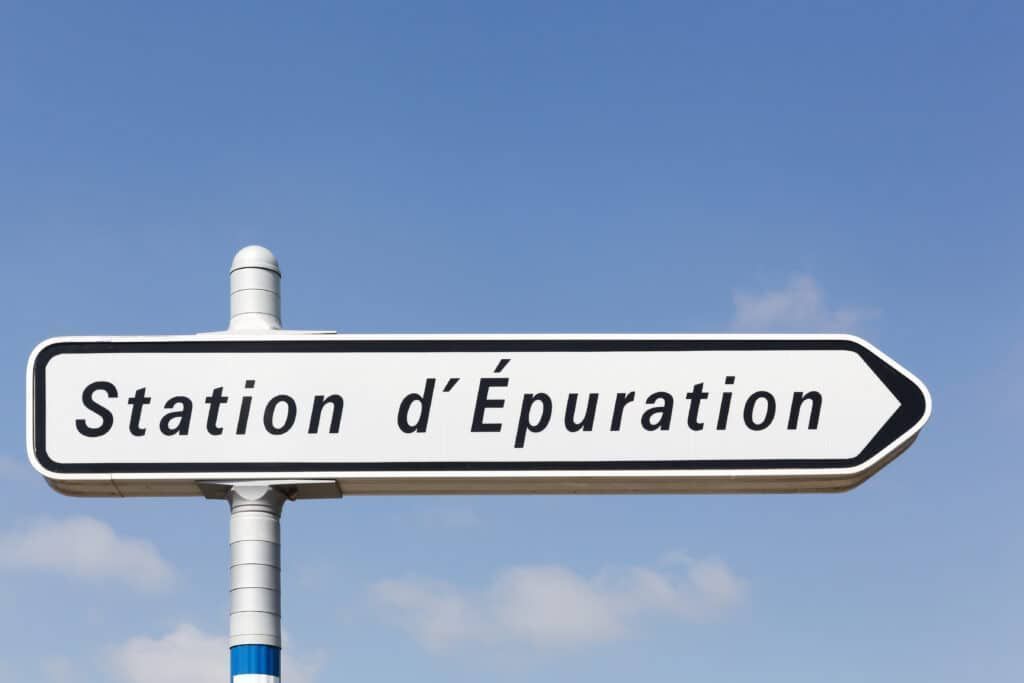Wastewater treatment: what impact on health ?
In France, drinking water is a common resource, which we can drink right out of the tap. Do you know how our wastewater is treated ? What are the consequences of such a sanitation ? With nearly 20,000 wastewater treatment plants, France is committed to the quality of its water, which is precious and threatened on a global scale. Discover now the interest of wastewater treatment.
What is the’interest in treating wastewater ?
The treatment of wastewater The wastewater treatment process is based on 3 main stakes: human health in priority, the protection of the environment (and of the fauna and flora developing there), as well as the development of the society. The drinking water production follows a technical cycle: collection, treatment, domestic or professional use, collection, purification and discharge into the natural environment in general. As for the water collection networks, they can be combined (wastewater and stormwater mixed) or separate (2 separate ways). The level of water purification, more or less advanced, depends on the environment in which it will be rejected.
Treat the domestic wastewater This allows us to ensure the quality of the water we use every day: for drinking, showering, washing dishes, etc. Sanitizing water allows to rid it of all its pollutants:
- solid, suspended waste ;
- dissolved : natural, organic matters such as urine or feces, or chemical.
The wastewater treatment plants use specific systems and products, such as sludge activated sludge (biological treatment) or industrial gases (CO2, nitrogen and oxygen). Concerning the industrial wastewater, Most companies are equipped to pre-treat their unhealthy water: oil separators (gas stations), grease traps (restaurants), etc.
What are the consequences of’sanitation ?
Compulsory since 1992, each dwelling (collective or individual) must be connected to a sewerage system. According to the Public Health Code : “The works necessary to bring the wastewater to the public part of the connection are the exclusive responsibility of the owners (Art. L. 1331-1). L’ew water treatment However, it has consequences on the owners: principle of polluter / payer.
Each user participates financially in the treatment of water since he pollutes it. Water treatment is financed by :
- the sanitation fee, levied by the local authorities;
- the “pollution control” fee, paid to water treatment plants.
fee is indicated on the water bill and corresponds to :
- a wastewater collection and treatment service in sewage treatment plants ;
- a basic rate for human consumption of drinking water (in the form of a subscription);
- It allows the patient to discuss with the aesthetic surgeon and to be informed of the results of the consultation.
Attention, it is forbidden to discharge domestic waste and chemical materials into the wastewater (waste oils, hydrocarbons, acids, sulfides, medications, etc.).). The water treatment Protects users from: bad odors, waterborne diseases (related to contaminated water) and microorganisms that can be pathogenic (viruses, bacteria, fungi, protozoa, worms and parasites).

Wastewater treatment has a direct impact on our health and protects us from many diseases. L’Water purification is therefore an unavoidable issue for our societies, but also for the environment.
